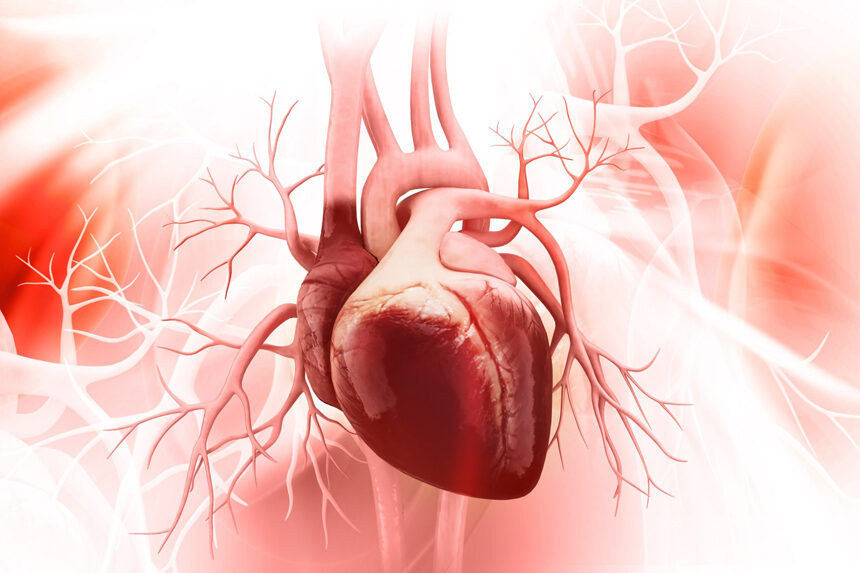“Your Health Checkup” is our online column by Dr. Douglas Zipes, an internationally acclaimed cardiologist, professor, author, inventor, and authority on pacing and electrophysiology. Dr. Zipes is also a contributor to The Saturday Evening Post print magazine. Subscribe to receive thoughtful articles, new fiction, health and wellness advice, and gems from our archive.
Order Dr. Zipes’ books, Ari’s Spoon, a new novel, as well as Bear’s Promise and Damn the Naysayers, A Doctor’s Memoir. Check out his website at dougzipes.com.
Inflammation
Most of the Western world is aware that elevated cholesterol contributes to development of coronary artery disease (CAD). New information pioneered by physician scientists at Harvard have stressed an additional player — perhaps even more important than elevated LDL (bad) cholesterol — that of inflammation. Fortunately, statins — and now bempedoic acid
— reduce both LDL and inflammation. However, future care might target inflammation with specific anti-inflammatory agents in conjunction with anti-cholesterol drugs, since it appears that residual inflammation, even more than residual LDL, increases CAD risk among statin-treated patients.
Among 31,245 high risk participants of three different trials already receiving statins, residual inflammation was a more important determinant of future cardiovascular death and all-cause mortality than the LDL level, and risks for cardiovascular death were high regardless of LDL levels if inflammation was elevated.
What does that mean for patients? When your health care worker tests your cholesterol level, make sure that inflammation is also tested (called a high-sensitivity C-reactive protein test or hs-CRP). If hs-CRP is elevated, it may be useful to add an anti-inflammatory medication, such as colchicine, to your regimen. Reducing both lipids and inflammation is being studied in several contemporary trials and may become the preferred treatment of CAD in the future.
PCSK9 inhibitors
I am often asked, “What should my ideal LDL level be?” For most adults, the so-called optimal LDL cholesterol level is given as less than 100 mg/dl and HDL (good cholesterol) greater than 40 mg/dl. I would recommend moving the value for LDL lower and HDL higher. Just how low for LDL and how high for HDL is “flexible,” meaning we don’t have absolute cutoffs. However, it appears that the lower the LDL, the better the cardiovascular outcomes, because the risk of CAD has a linear relationship with LDL. So, lower LDL levels yield lower CAD risk.
A new drug, called PCSK9 inhibitor, significantly reduces LDL, even to values less than 20 mg/dL.
In 18,924 patients after an acute coronary artery event, the ODYSSEY OUTCOMES trial compared the PCSK9 inhibitor alirocumab (Praluent) with a placebo, for people on high-intensity or maximum-tolerated statin therapy. These patients had lower risk of cardiovascular events than those just receiving statins throughout the observation period. This result indicates that the clinical benefit of a very low LDL persisted for several years.
Another PCSK9 inhibitor, called evolocumab (Repatha), can be used in children as well as adults. The drawback of these initial drugs is that they are given by injection. However, an oral PCSK9 inhibitor has been tested recently in 375 individuals with high cholesterol and found to reduce LDL by up to 60 percent. The drug was well tolerated over eight weeks of treatment and eight weeks of follow up.
Preventing CAD with lifestyle changes such as exercise, diet, and smoking cessation, and drugs like statins, PCSK9 inhibitors, and possibly anti-inflammatory drugs, is preferable to treatments “after the fact” with stents or bypass surgery. Prevention trumps treatment.
Become a Saturday Evening Post member and enjoy unlimited access. Subscribe now



